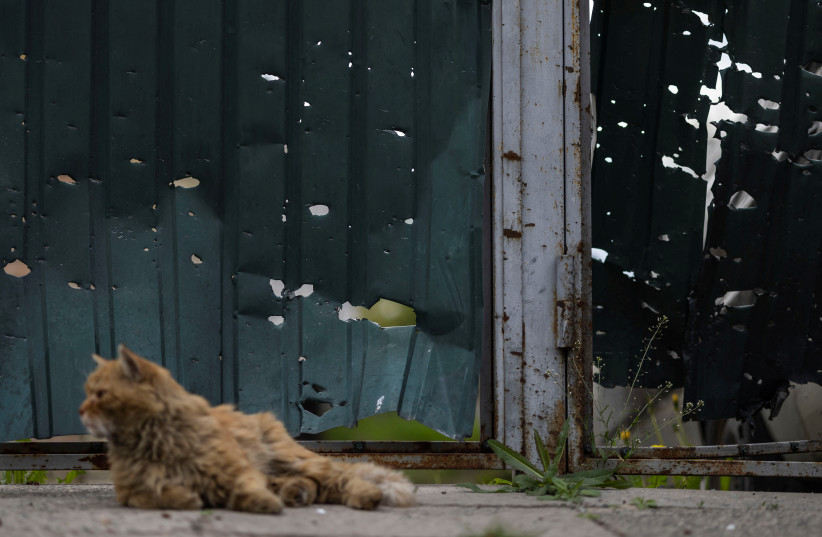If you don't like cats, there's no shortage of reasons to stay away from them — allergies, scratches on furniture and unexpected reactions from them when they are startled. Yet people who love these furry creatures have countless contradictory arguments: Studies have shown that cats improve heart health, strengthen the immune system and even, quite ironically, may improve allergies and breathing problems.
A recent study — published in the Journal of Psychiatric Research — found that, for men, growing up in the same home with a cat may increase your risk of experiencing a psychotic episode later in life. According to the study, this increased likelihood of mental illness may be caused by a common parasite called Toxoplasmosis gondii, which can be transmitted to humans who come in contact with cat poop.
The link between toxoplasma gondii and psychosis has been hotly debated for decades, with some studies suggesting a higher incidence of schizophrenia among those infected with the parasite, while others have failed to detect a link.
While the vast majority of people infected with the parasite don’t experience symptoms and may not even know they have it, some people can develop moderate to severe complications. These can include a fever or breathing problems.
Previous studies have shown that kids who grow up in households with cats are more likely to experience psychiatric disorders as adults.

To investigate the issue, the authors of the new study interviewed 2,206 adults from central Montreal about their childhood cats, as well as their history of psychotic episodes, if experienced. Participants were also asked about other risk factors for psychosis such as head trauma, smoking, and the number of times they moved as a child.
"Owning cats in childhood was associated with the expression of greater psychosis in adulthood, but only in the presence of certain factors," the authors reported.
Specifically, they noticed an increased risk of psychosis in men who when they were kids had cats that wandered the streets, but didn’t find a similar link in women who had cats when they were young girls.
It’s important to note that the researchers didn’t analyze the participants' blood for T. gondii antibodies, which means that they couldn’t establish if this increased risk was associated with the parasite.
Yet their results suggest this may be the case, as cats can only be infected with the parasite by hunting infected rodents, which is undoubtedly something that house-cats that go out a lot more often than cats that stay indoors.
Researchers have also noted that owning cats alone may not increase the risk of psychosis, as the greatest increase in the likelihood of psychotic episodes was seen in those who had a history of head trauma, moved several times when they were kids and kept the cat.
Also, the authors were unable to explain why only men appear to be affected and don’t provide evidence for any neurobiological mechanism linking T. gondii to psychiatric disorders.
However, previous studies have suggested that the parasite Toxoplasma gondii may interfere with a type of brain cell called microglia and disrupt the formation of neurological connections, which may explain how it affects the psyche.
Overall, the relationship between cat ownership and psychosis remains controversial, although anyone concerned about the risk posed by the parasite can minimize the chance of becoming infected by washing their hands thoroughly after cleaning their cat's sand tray.
